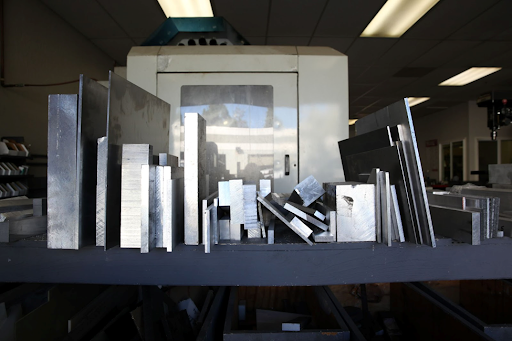Nylon FAQs
Can nylon be machined?
Yes. Nylon 6/6 is the most commonly used of the Nylon family of plastics. It enjoys relatively high chemical and heat resistance, and is stiff enough to retain its shape, but tough enough not to permanently deform under load.
Is nylon a non metal?
Nylon does not have metal in it. It is a strong, stiff engineering synthetic thermoplastic linear polyamide. Nylon is often used as a substitute for low-strength metals.
What is the strongest type of nylon?
Nylon 6/6 has a PSI of 11.2000. It is the most commonly used of the Nylon family of plastics, however, glass-filled Nylon is stronger with a 13,500 PSI. It boasts many great properties such as high rigidity, strength, hardness, toughness and dimensional stability. This material may be used in assemblies requiring mechanical damping or electrical insulation. Common applications include electrical housings, washers, medical devices and aerospace parts.
What is nylon used for in CNC machining?
Two of the most notable use cases for Nylon CNC machining are in medical devices and electronics insulation, notably screws and spacers for panel mounted circuit boards.
Glass-filled Nylon boasts many great properties such as high rigidity, strength, hardness, toughness and dimensional stability. This material may be used in assemblies requiring mechanical damping or electrical insulation. Common applications include electrical housings, washers, medical devices and aerospace parts.

